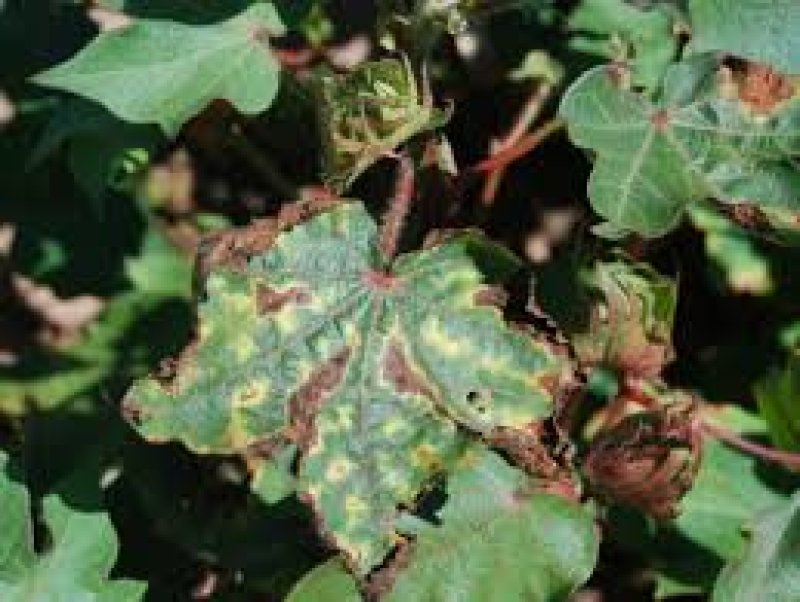Verticillium wilt (VW) is a devastating disease that affects a wide range of crops, causing major losses in agriculture …. One of these crops is cotton, the most important fiber in the textile industry …. The most effective way to combat this disease is through the use of resistant [crop varieties] ….
To address this problem in cotton, scientist Wangzhen Guo and colleagues from Nanjing Agricultural University [in China] utilized RNA interference (RNAi) to turn off pathogenic genes of Verticillium dahliae, the fungus in infected cotton seedlings.
…
Silencing this gene in cotton plants infected through agro-infiltration created enhanced resistance to VW. This finding allows future establishment of resistance in cotton and other crops using the technology.
Editor’s note: For more information about RNA interference, the technique used in this study, listen to this episode of the Talking Biotech podcast.
Read full, original article: RNAI USED TO CONFER VERTICILLIUM WILT RESISTANCE IN COTTON































